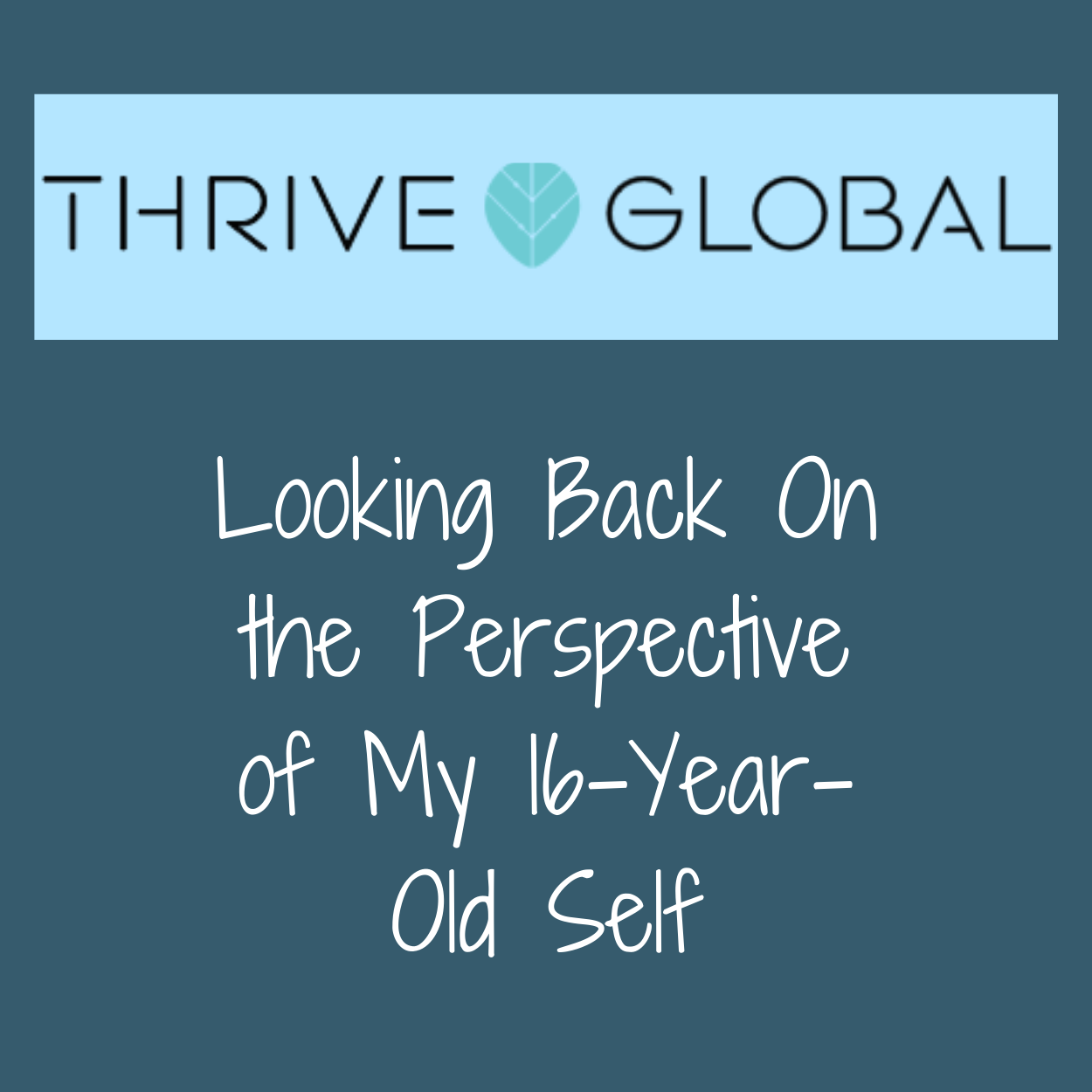Every now and then I read something that touches me and this time I would like to share it with you.
Thank you for reaching out to Barbara regarding her Facebook post. She writes; If you would like to share it in Today's Senior News Magazine, Barbara would be pleased to share it with the community. As an American Hospice Pioneer, end of life education is Barbara's life's mission. When sharing the article, please make sure to link her website, www.bkbooks.com.
Barbara writes: I see families devastated by not being able to be with their loved one as they are dying. I am writing this for any person who is faced with a loved one dying alone in a hospital, nursing home, or some other place away from you. My hope is that some understanding, hence comfort, can be found among these words. This guidance can also be used by healthcare workers when they face the difficult job of telling families they can’t be present. These ideas can’t fix this horrific situation, but they can bring a bit of understanding and “something to do” to an otherwise bleak message.
There are so many areas I want to address to neutralize some of the fear associated with dying. Dying is very, very sad but the actual moments before actual separation really aren't that bad. Scary for us the watchers but not bad, as we perceive bad, for the doer.
Why do I say that? THIS IS WHAT I AM CONFIDENT ABOUT:
1. The person dying is so removed from their body they do not perceive it the way we, the watchers, perceive ours.
2. The person is nonresponsive to the world around them. They do not respond to sound or touch.
3. Their world is like a dream. Everything is out of focus, disconnected, from afar.
4. Normal physical changes: eyes partially open; random hand movements, slowed breathing, gaping-like mouth movements; 2 or 3 or 4 long spaced out breaths before actual breathing stops.
This goes beyond what I know to WHAT I HAVE COME TO BELIEVE:
1. We do not die alone. In the moments to hours, even days before death there is often talk to and about those that have died before us.
2. Fear of dying is replaced with the body’s efforts to detach from living.
3. A person can hear even in the moments following death.
HERE ARE SOME OF THE THINGS YOU CAN DO WHEN YOU HAVE THE GIFT OF BEING WITH SOMEONE IN THE MOMENTS OF THEIR DYING: (Remember they are non-responsive but they can hear as if from afar.)
1. Touch, hug, hold, sing, reminisce, pray (if that is comforting to you and them), cry, tell stories and yes, even laugh.
2. During private time tell the person about how they have touched your life. Talk about the challenging times as well as the good times.
3. When all words have been said, just holding a hand or laying in bed next to your special person is a gift of comfort to both of you.
4. You can have the lights on, soft music playing (favorite songs), or not.
5. Because we have limited control over the time that we die, and can hear from a far, tell the person dying who is arriving, who and when people are leaving. If you are there at the moment of death you are there because that was a gift to you. If you aren’t, and you tried to be, then that too was a gift, a gift of protection.
HERE ARE SOME OF THE THINGS YOU CAN DO IF YOU ARE NOT ABLE TO BE WITH YOUR SPECIAL PERSON WHEN THEY ARE DYING:
1. Sit quietly and comfortably, close your eyes and in your mind's eye see your loved one in bed, peacefully sleeping.
2. Picture yourself next to the bed, hold their hand or lay down with them if that seems more desirable.
3. Begin talking to them. Talk from your heart. Say everything you need to say, the positive and the challenging nature of your relationship. Remember there is no perfect relationship. Every relationship has its rough hurtles; talk about those areas as well as the positive.
4. When all words from your heart have been said, sit quietly and, in your mind, just be with your loved one. Know unfinished business has been addressed and the two of you have said goodbye.
5. Stay as long as you need. There will come a point where you will know you can get up. Say one more time “I love you”, if it is true. Just a goodbye is okay too.
When someone we care about, or someone we don’t care about, is dying it is scary and challenging to our idea of how life is supposed to be. Other people die, not someone close to me or even someone I know. When dying reaches into your personal sphere (and it will eventually) I hope these thoughts bring some comfort.
Blessings, Barbara Read More.. page 16
Related Products:
End of Life Guideline Series, New Rules for End of Life Care, Gone From My Sight







